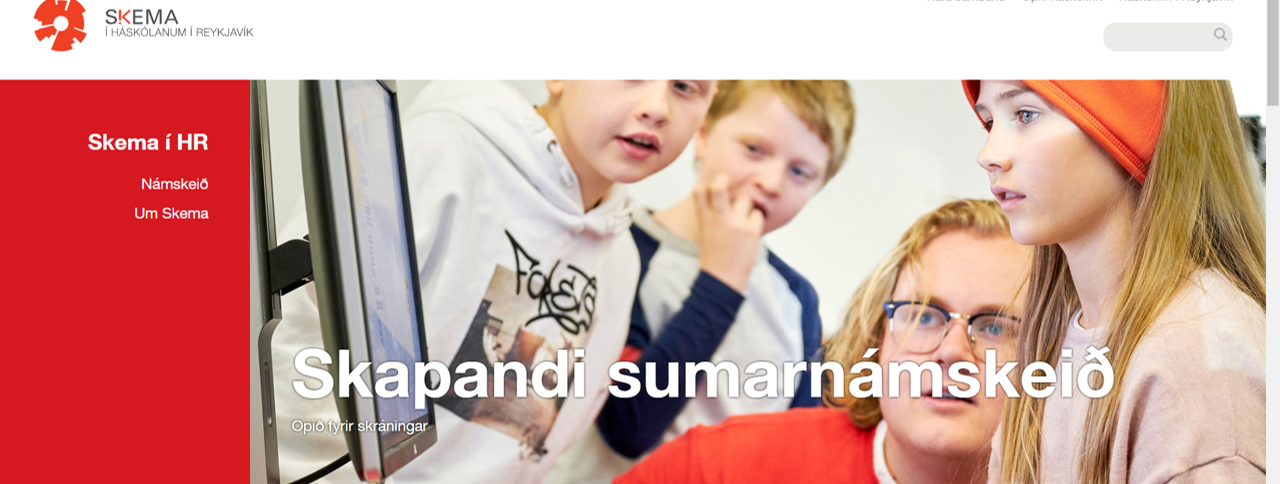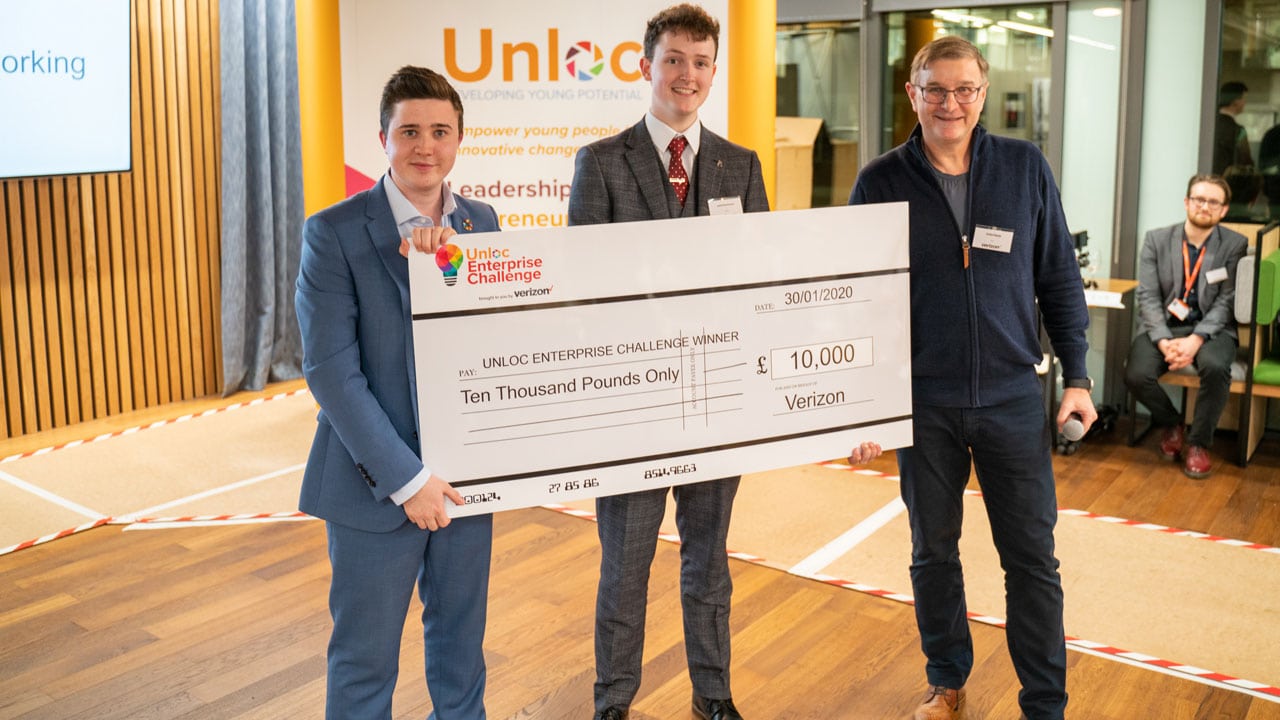The Skema Generation
It was a wet cold dark winters day in Iceland back in 2013 that I met Rakel Sölvadóttir of Skema at her office at Reykjavik University. The weather contrasted what I soon discovered was a light in my search of the Icelandic Social Enterpreneur, which Rakel truly embodied as she recounted her social entrepreneurial journey.
What is Skema?
Skema teaches coding to young people from the age of 6 years olds through the process of gamification with the added teaching tools of positive psychology. In Skema a a smile on a child´s face is their greatest measurement of success. If a child doesn´t feel good about themselves during a session, they would try to find a way to build up them up positivity.
Skema has been in its active state since July 2011, and much has been accomplished by Rakel and her team since its inception. The Skema philosophy has various influences at its core and serves to meet a demand that has long been anticipated by Iceland and the world at large. The roots of Skema started, as with most social entrepreneurs I have researched, with her own life story. It has shaped the landscape that has faciliated the Skema core purpose to unfold.
Rakel´s social entrepreneurial journey
Rakel as a young girl would have been considered as ADHD which meant she didn´t fit in the ´normal´schooling system. To channel her energy it took the form of a Sinclair Spectrum computer (which she admitted was purchased through bribing her parents for staying home whilst they were on a holiday in Europe), she self-taught herself to programme games literally through code and play back (on a tape) mechanisms. A far cry from the technologies available today. In addition, her fiestly nature of doing things her way, surfaced for example in her maths classes, where through her highly attuned mind could calculate solutions and saw no need to explain why through the rules and formulas we´re accustomed to having to adhere to in mathematical education. It also surfaced when she convinced her vice principle of the school at the time, to allow her to skip some classes and do her school work on her own in the library, as it was more conducive for her learning than in the class itself.
Her life journey took her on a two year work on a fishing boat around Iceland and Canada, where she wasn´t afraid to test her own strength and was „one of the guys“. In her final year of her degree in Computer Science, her final project was „Building up on the education system“. The concept itself was the seed, as she looks back in reflection, for the Skema concept. An idea that was before its time, in 1998, which at that time Rakel wasn´t yet ready for her entrepreneurial journey.
Rakel quickly moved into a career as senior programmer at the Social Insurance Administration and then for the banking industry for many years whilst growing her family. After the economic crash in 2008 in Iceland, Rakel empathised with her friends as they were being retrenched. And so her personal journey began with asking: „what now?“ Rakel, through this crises, began to question her purpose: what was she really doing with her life (rather than just creating data reports for stock markets), and how could she give to society? These questions spurred her to reduce her working hours and enter a psychology degree at the Reykjavik University. During this time again she and another student developed a project based on the question: „Could 6 and 9 year old children learn to code and have fun at it?“ Both ladies had children of a similar age who were the case studies in this project.
What they discovered was indeed the case, and more so the project was entered into a competition „Seed of the Year“ where they won the respective grant that gave them an opportunity to bring their seed into a for-profit organization. At this time Rakel was ready to take the Skema project to the next level, and her co-founder decided to complete her psychology degree.
The Skema Product & Philosophy
Everything that Skema stands for is embedded within it´s products and services it delivers. It is an ecclectic teaching style combining technology, education and psychology. Where Skema set´s itself appart from other coding courses is that it is aimed at children and also peer taught by children. In a typical class you will find one adult, and a few assist teachers. The assist teachers at present comprise children of all ages and most importantly some that are ADHD, Aspergers or Autistic. What they have found through this teaching approach was for example that the adult is asked direct questions by the students, however questions asked with peers are fundamentally more creative and encourage dialogue.
Skema is also in the process of working with the educational system where they are providing a „teach the teacher“ course. In most cases in Iceland, teacher training does not often include coding or an emphasis on technology. The „teach the teachers“ course encompasses the Skema philosophy and these skills are reaching the school teachers themselves who are then able to spread the Skema philosophy. Reykjavik University & CCP, the Icelandic gaming company, have been great supporters to Skema as both have put work and money into the project.
At its heart is the teaching methods they use during their classes. And in the first half of 2013, they intend to publish their first book in Icelandic and English „Coding for 8-12 year olds“. The book will be a living textbook focused on graphics and mindmaps, which come alive through the characters portrayed in the book. It will also have a companion for teachers as a teaching aid.
What excites me about Skema
When you fully understand the implications that Skema offers to some key pain points in our educational and technology sectors, I´m sure you will agree that Skema has something to offer not only for Iceland but eventually the world.
· ADHD, Aspergers or Autistic children: ADHD, Aspergers or Autistic children are often perceived as not fitting into the normal school system. What Skema does is to turn it around, and addresses the strengths of these children through coding and gamification, where they can and do excel.
· Technology sector gap: There is a large gap in the technology industry for programmers, Skema is addressing this need through providing the future workforce with much needed talent (albeit they have to wait a few years).
· Girls who code: Skema is addressing the gender barrier in the programming world through working with children at an early age. Girls are understanding that programming is a viable career path for them, one where they can even flourish.
· Teaching philosophy: Skema focuses on positive psychology which maximizes the child´s personal experience, feeling confident about themselves and learning in their own unique way. The Skema children have often had a noticeable shift in themselves after attending these classes as evidenced in current research projects and the feedback received.
Grow a Seed , Replicate & Partner
Skema´s original approach was to develop, research and aim their product with Iceland as a test market. Skema aimed to franchise its product in the US market but due to large scale competition in that market the franchise model did not pan out. Skema then reorganized itself and is now under the wing of Reykjavik University and continues to run its courses from their premises.
In my perspective, coding will be become in the future the language that we will all be required to speak fluently. It is a language that has no boarders, it is the language of the technologies we as a society have come to rely on, which will only escalate. What Skema is facilitating is a preparation of the next generation for this world, based on skills mastered such as coding and also emphasizes the human aspect of self empowerment, connecting and building friendships. Facilitating the child to appreciate themselves in an area, where as in the traditional school system they may not necessarily flourish. This all culminates in the grand vision of building the Skema Generation. I for one think it´s a solution to many areas, that is neatly tied with a Skema bow.
Share This Story, Choose Your Platform!











Thank you for your sharing. I am worried that I lack creative ideas. It is your article that makes me full of hope. Thank you. But, I have a question, can you help me?